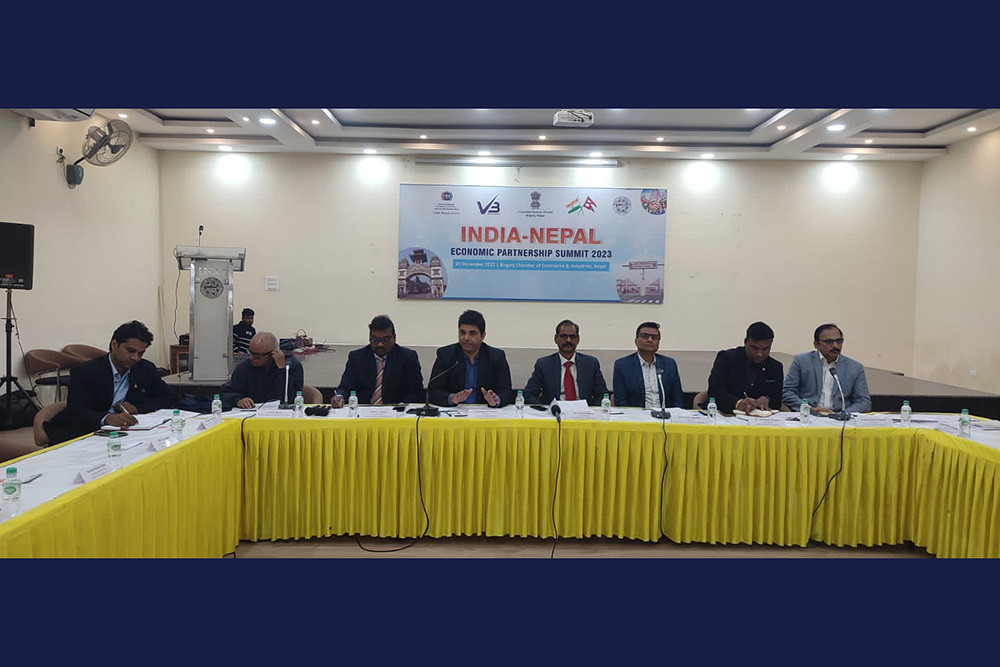
KATHMANDU: Federation of Nepalese Chambers of Commerce and Industry (FNCCI) has said the government and Nepal Rastra Bank (NRB) need to be sensitive to bring the economy out of recession.
A statement issued by FNCCI suggested that the demand in the market will have to be increased to bring the economy out of recession. The private sector's organisation has urged the government to cut unnecessary expenses and increase capital expenditure to increase demand in the market.
The National Accounts Statistics of Nepal made public by the National Statistics Office (NSO) have reflected the long-standing recession in the market, FNCCI mentioned in the statement.
According to the NSO, economic growth of 1.86% is projected this year. Since the economy has been negative in the last three quarters, it has shown a recession in the economy. Likewise, the revenue is also negative by around 16% since entrepreneurs have not been able to work properly.
The negative growth rate of the manufacturing industry, construction and business is a sign that the private sector is shrinking, stated FNCCI. The federation has been drawing the attention of the stakeholders for a year due to the increased prices in the international market and the policy changes within the country. But due to the lack of initiative from the relevant agencies, the economy is under pressure, FNCCI stated.
The federation further suggested the central bank should adopt measures to reduce interest rates immediately to expand the private sector's investment. To reduce the interest rate, the central bank should reduce bank rates, mandatory cash ratio and take other necessary measures. Since the old borrowers are unable to pay the amount, and the bad loans of the banks have reached about 4%, the FNCCI suggested that there should be a facility for loan restructuring and rescheduling.
The purchasing power of common consumers has gradually declined as the inflation rate has remained at more than 7% for the past nine months. As the private sector is not able to work efficiently, the government and the common consumers are being affected together, FNCCI assumed.
READ ALSO:
Published Date: May 5, 2023, 12:00 am
Post Comment
E-Magazine

Click Here To Read Full Issue
RELATED B360 National




